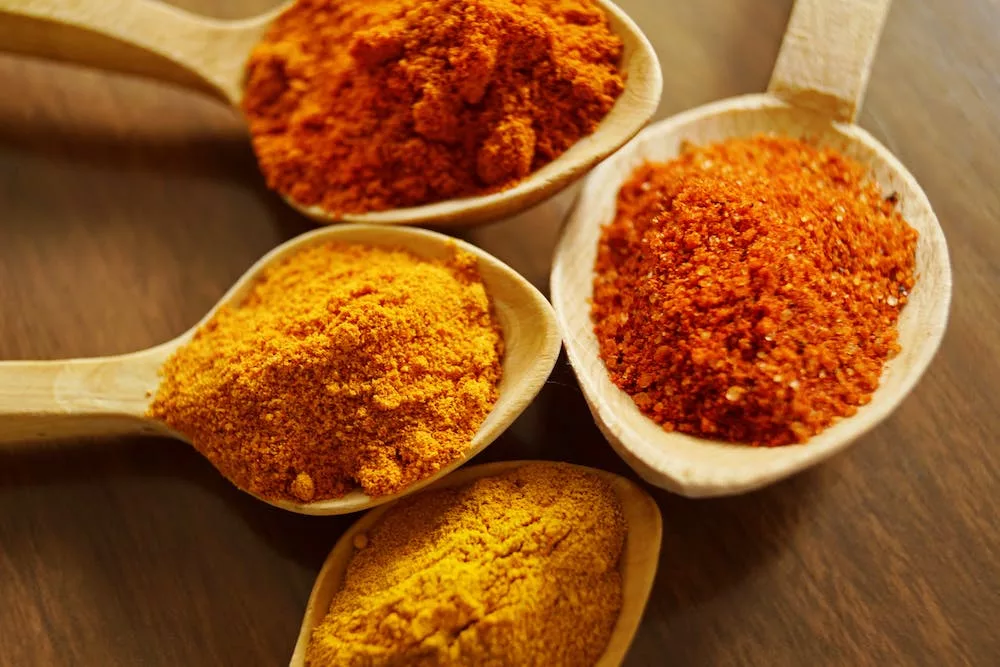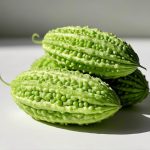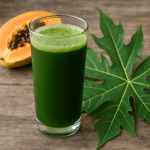Turmeric, with its vibrant golden hue and distinct flavor, has long been celebrated for its culinary and medicinal properties. One of its most impressive qualities is its ability to promote cardiovascular health.
At the heart of this benefit lies curcumin, a powerful anti-inflammatory compound found in turmeric.
In this blog post, we will delve into the incredible benefits of turmeric and how turmeric improves blood vessel functions.
We will also discuss how it reduces plaque buildup in arteries, and overall improves cardiovascular health.
The Power of Curcumin for Cardiovascular Health
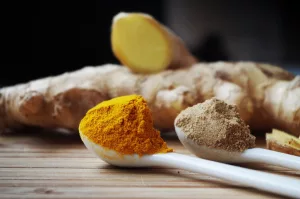
Curcumin, the active compound in turmeric, has gained recognition for its potent anti-inflammatory and antioxidant properties.
These attributes are essential for maintaining a healthy cardiovascular system.
Inflammation in blood vessels can lead to atherosclerosis, a condition characterized by the accumulation of plaque in arteries, which restricts blood flow.
Curcumin’s anti-inflammatory action helps counteract this process.
Benefits of Turmeric
Reducing Plaque Buildup
One of the primary ways in which turmeric improves blood vessel functions is by reducing plaque buildup in arteries.
Atherosclerosis is a complex condition involving the accumulation of fatty deposits, cholesterol, and other substances in the arterial walls.
Over time, these deposits can narrow the arteries and obstruct blood flow, increasing the risk of heart disease and strokes.
Curcumin works by inhibiting the activity of certain enzymes that promote the buildup of these deposits. It also encourages the removal of cholesterol from arterial cells, which helps prevent plaque formation.
This dual-action approach helps to keep arteries clear and allows for better blood flow throughout the body.
Enhancing Blood Vessel Function
Beyond its role in reducing plaque buildup, turmeric enhances blood vessel function in various ways. It promotes the production of nitric oxide, a molecule that relaxes and dilates blood vessels.
This dilation improves the flow of blood, reducing the risk of high blood pressure and other cardiovascular problems.
Turmeric also helps in reducing oxidative stress, which can damage blood vessels.
By neutralizing free radicals and protecting against oxidative damage, curcumin contributes to healthier blood vessels that are less prone to inflammation and dysfunction.
Adding Turmeric to Your Diet
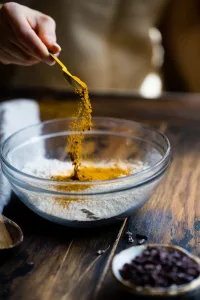
Now that you understand how turmeric improves blood vessel functions, let’s explore how to incorporate this golden spice into your daily routine:
- Turmeric in Cooking: Turmeric can be added to a wide range of dishes, including soups, stews, curries, and stir-fries. It imparts a warm, earthy flavor and a beautiful color to your meals.
- Golden Milk: Enjoy a soothing cup of turmeric tea, also known as golden milk. Simply heat milk (or a dairy-free alternative), add a teaspoon of turmeric, a pinch of black pepper (which enhances curcumin absorption), and a touch of honey for sweetness.
- Turmeric Supplements: If you find it challenging to include turmeric in your diet regularly, you can consider turmeric supplements. These capsules or tablets provide a concentrated dose of curcumin for those seeking its health benefits.
Embrace turmeric for incredible Heart Health
Turmeric, with its active compound curcumin, is a potent ally in promoting cardiovascular health by improving blood vessel functions, reducing plaque buildup in arteries, and enhancing blood flow.
By incorporating turmeric into your daily diet through cooking or turmeric tea, you can harness the remarkable benefits of this golden spice and work towards a healthier heart.
Remember to consult with a healthcare professional before making any significant changes to your diet or lifestyle, especially if you have existing medical conditions or are taking medications.
Disclaimer: The following information is provided solely for informational purposes and should not be considered professional advice or a substitute for professional consultation. While every effort has been made to ensure the accuracy and reliability of the information presented, we make no representations or warranties of any kind, express or implied, regarding the completeness, accuracy, reliability, suitability, or availability of the information provided. Any reliance you place on such details is strictly at your own risk.

